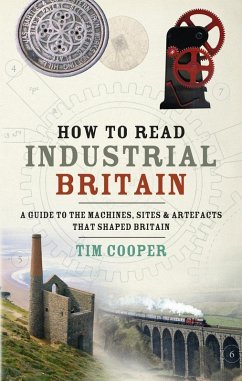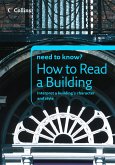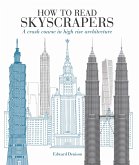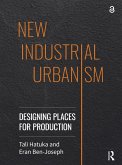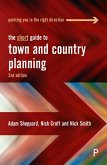Author Tim Cooper uses themes including transport, education and religion to show how the geographical and architectural remains of industrial Britain have shaped us as a people. He sheds light on how and why the pioneers of the Industrial Revolution redesigned our towns and countryside, and draws on a wealth of British sites to explain, for instance, how canals were instrumental in the expansion of industry, or why affluent suburbs are usually situated in the west end of a town.
This book is a joy for anyone wanting to investigate our industrial heritage and discover the secret history behind familiar, everyday features of our urban and rural landscapes.
Dieser Download kann aus rechtlichen Gründen nur mit Rechnungsadresse in A, B, BG, CY, CZ, D, DK, EW, E, FIN, F, GR, HR, H, IRL, I, LT, L, LR, M, NL, PL, P, R, S, SLO, SK ausgeliefert werden.

